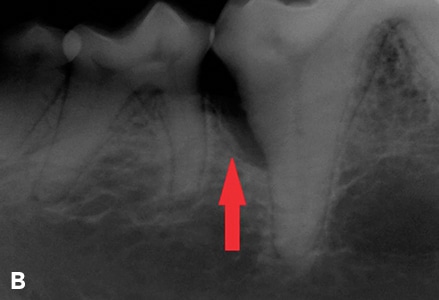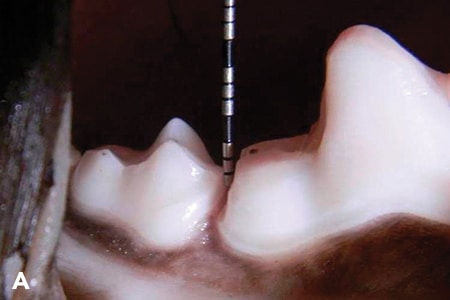Cascade CarePlans
We offer health plans! The peace of mind that your pet’s preventative health care and medical needs are taken care of. The convenience of easy monthly payments.
Why Pet Dental Health is Essential for a Happier and Healthier Pet
As pet owners, we all want to ensure that our furry companions are healthy and happy. One aspect of pet health that is often overlooked is their dental health. However, just like humans, pets can develop dental problems that can lead to pain, infection, and even serious health complications. That’s why regular dental exams and diagnostics are crucial to maintaining your pet’s overall health and well-being.
The Importance of Regular Dental Exams:
Regular dental exams are an essential part of pet care. During the exam, a veterinarian will thoroughly examine your pet’s teeth and gums to check for any signs of dental problems, such as tartar buildup, gum disease, or broken teeth. Early detection of dental issues is crucial as it can prevent the need for more invasive procedures later on. Additionally, regular dental exams can help prevent periodontal disease, which is a common dental problem in pets that can lead to tooth loss and even systemic health issues. A dental exam doesn’t just stop at the gumline however, and that’s where common diagnostics come in.
Diagnostics for Pet Dental Health:
Because a normal looking mouth could have issues lurking under the gumline, common diagnostics for pet dental health include dental radiographs, blood work, and oral biopsies. Dental radiographs allow veterinarians to see below the gumline and identify any underlying dental issues such as impacted teeth, fractured roots, and oral cancer. Blood work can help identify underlying systemic health issues that may be contributing to your pet’s dental problems. Oral biopsies, also known as taking a tissue sample, can be helpful in diagnosing oral tumors or other types of oral disease.
Best Practices for Pet Dental Health:
Preventive care is always the best medicine when it comes to pet dental health. Some best practices for maintaining your pet’s dental health include regular teeth brushing, feeding a balanced diet, providing dental chews or toys, and scheduling regular dental exams and cleanings with your veterinarian. It’s also essential to avoid giving your pet hard bones, which can lead to broken teeth or cause other dental problems.
Complications to Avoid:
Without regular dental exams and proper dental care, pets can develop a variety of dental complications. These can include gum disease, tooth decay, oral tumors, and even heart disease. In severe cases, untreated dental problems can lead to chronic pain, difficulty eating, and decreased quality of life. As responsible pet owners, it’s crucial to prioritize our pet’s dental health. Regular dental exams and diagnostics are key to identifying and treating dental problems early on, before they become more severe. By following best practices for pet dental health and avoiding potential complications, we can help ensure that our furry companions have healthy, pain-free smiles for years to come.
For more information:
The importance of dental radiography – Todays Veterinary Practice
The importance of dental radiography – Improve veterinary practice


